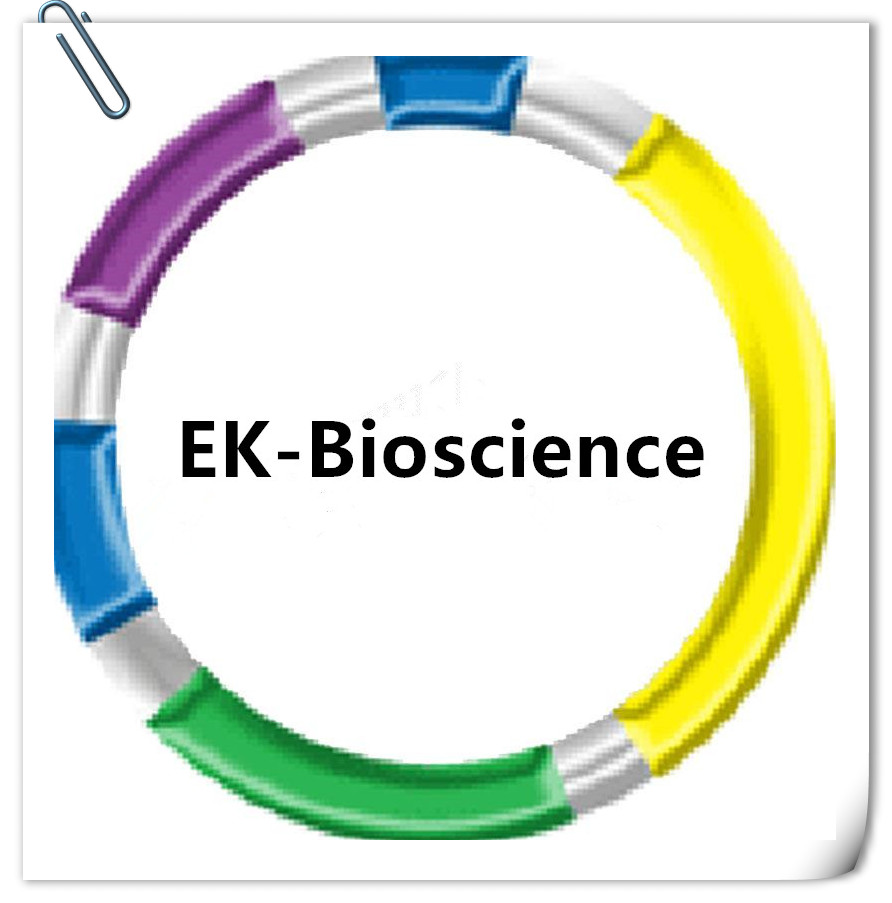
|
品牌 |
酶研生物 | |||||||||||||||||
货号 |
MY1401 | |||||||||||||||||
规格 |
2ug | |||||||||||||||||
价格 |
询价 | |||||||||||||||||
货期 |
现货 | |||||||||||||||||
RNAi-Ready pSIREN-RetroQ is a self-inactivating retroviral expression vector designed to express a small hairpin RNA (shRNA) using the human U6 promoter (PU6; RNA Pol III-dependent). RNAi-Ready pSIREN-RetroQ is provided as a linearized vector digested with BamH I and EcoR I. It is used for targeted gene silencing when an oligonuceotide encoding an appropriate shRNA is ligated into the vector. You can transfect your pSIREN-RetroQ construct as a plasmid expression vector, or—upon transfection into a packaging cell line—this vector can transiently express, or integrate and stably express a viral genomic transcript containing the human U6 promoter and the shRNA. The vector contains a puromycin resistance gene for the selection of stable transfectants. This retroviral vector is optimized to eliminate promoter interference through self-inactivation. The hybrid 5' LTR consists of the cytomegalovirus (CMV) type I enhancer and the mouse sarcoma virus (MSV) promoter. This construct drives high levels of transcription in HEK 293-based packaging cell lines due, in part, to the presence of adenoviral E1A (1–4) in these cells. The self-inactivating feature of the vector is provided by a deletion in the 3' LTR enhancer region (U3). During reverse transcription of the retroviral RNA, the inactivated 3' LTR is copied and replaces the 5' LTR, resulting in inactivation of the 5' LTR CMV enhancer sequences. This may reduce the phenomenon known as promoter interference (5) and allow more efficient expression. Also included in the viral genomic transcript are the necessary viral RNA processing elements including the LTRs, packaging signal (Psi+), and tRNA primer binding site. RNAi-Ready pSIREN-RetroQ also contains a bacterial origin of replication and E. coli Ampr gene for propagation and selection in bacteria. 载体应用RNAi-Ready pSIREN-RetroQ is used for targeted gene silencing when an oligonuceotide encoding an appropriate shRNA is inserted. To construct recombinant pSIREN-RetroQ, first design, generate, and anneal complementary shRNA oligonucleotides using the protocols in the Knockout RNAi Systems User Manual (PT3739-1). The annealed oligonucleotide should contain 5'-BamH I and 3'-EcoR I sites. Then ligate the annealed oligonucleotide into RNAi-Ready pSIREN-RetroQ. Your pSIREN-RetroQ construct can be transfected as a plasmid expression vector to screen for functional shRNA oligonucleotides. For gene silencing experiments using viral delivery, transfect the pSIREN-RetroQ construct into a packaging cell line (such as the RetroPack™ PT67 Cell Line (Cat. No. 631510), AmphoPack™-293 Cell Line, EcoPack2™-293 Cell Line, or Pantropic System). RNA from the vector is packaged into infectious retroviral particles. These infectious particles are replication-incompetent since pSIREN-RetroQ lacks structural genes (gag, pol, and env) necessary for particle formation and replication; however, these genes are stably integrated as part of the packaging cell genome. These retroviral particles can infect a wide range of target cells and transmit the shRNA but cannot replicate within these cells due to the absence of viral structural genes. The separate introduction and integration of the structural genes into the packaging cell line minimizes the chances of producing replication-competent virus due to recombination events during cell proliferation.
|
|
|||||||||||||||||










